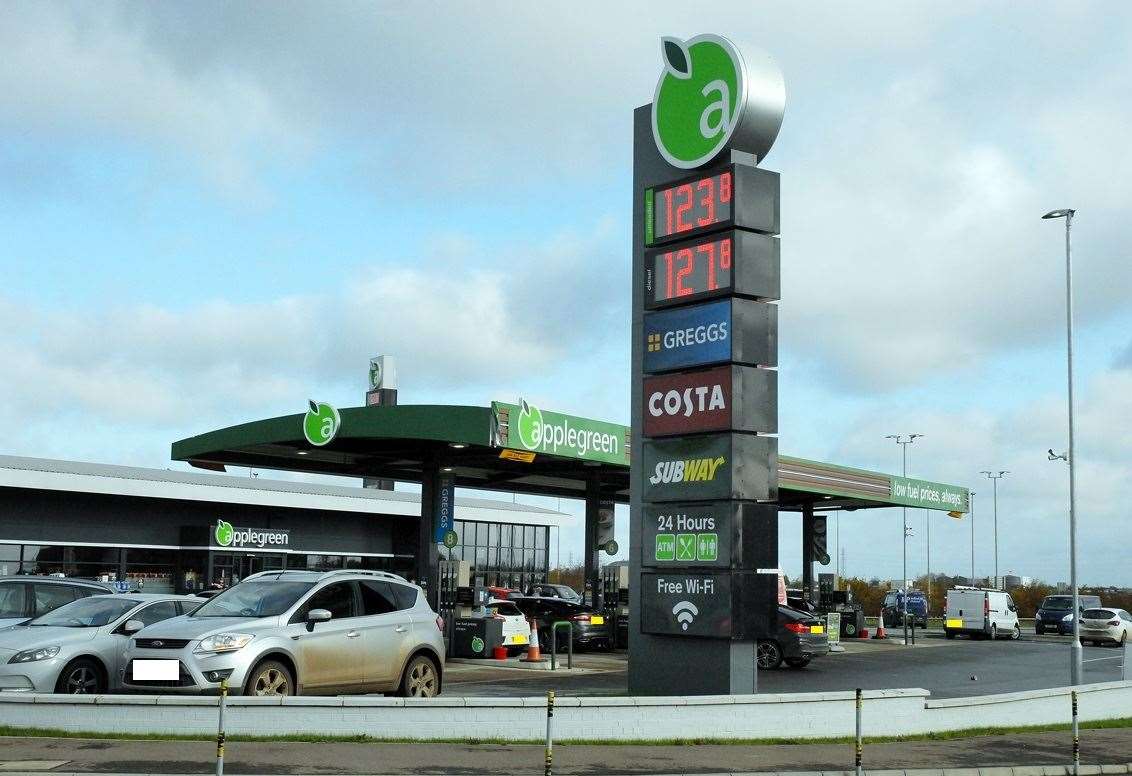
Currently, there is still a high demand for gasoline goods, but there are changes in the works that could upend the current relationship between motorists and gas stations. Fuel retailers must have an eye on the future and seize every chance to deepen customer relationships and promote brand loyalty if they are to survive the shift to a more service-focused era. Therefore, to meet future customer expectations, gasoline rewards programmes should be adjusted.
Fuel Forecast: A Momentary Rise, Then a Sharp Drop
It became evident after consulting our crystal ball and studying the reports of several energy businesses that the retailing of fuel will change during the coming decades.
According to Mckinsey & Company’s 2019 Worldwide Energy Perspective, the global demand for fossil fuels is projected to plateau around 2030, and the decline in production in mature basins is also continuing to speed up.
However, our current economic situation’s prosperity hides the warning indicators. According to the BP Energy Outlook 2019, oil is expected to dictate the energy demand for transportation in the years to come, but the dominance will likely be challenged by the quickly rising popularity of electric vehicles. Additionally, the prediction indicates that the demand for oil and other liquid fuels may peak around 2030.
Turning up the customer service at gas stations as safe havens
Boglarka Nemeth says, “Forecourts aren’t just somewhere to fill up your tank anymore: they’re a safe sanctuary for drivers where they are offered a full service package.” Indeed, devoted commuters and visiting families anticipate first-rate restrooms and a broad selection of supermarket items on the shelves.
Drivers should view stopping at a forecourt as a pleasurable event they choose, not as a necessary evil. As examples, consider the following:
family-friendly locations with space for individuals to move about, children to play, and infants to craw
supermarkets or a location to restock your goods, both for travel and daily use. The Austrian oil giant OMV, for instance, has already installed Spar Express outlets at its stations.
Pick up your box at the end of the day from your preferred pump station if no one is home to receive delivery of your gift.
pet-friendly areas and a space where owners can play with their pets after a long automobile ride
Winter tyre hotel: keep your clients’ wheels in storage during the summer
Pre-ordering coffee for quick pickup
When clients are at a pump, have convenience items brought directly to their vehicle so they won’t need to leave the forecourt, much like a fast-food restaurant’s drive-thru.
Raising the bar for your gas stations is a proven way to keep old consumers, but it’s strongly advised to expand your portfolio by providing new services if you want to attract a new target group or interact with existing ones in novel ways.
The Central European petroleum firm MOL Group has a strategic target that 30% of its EBITDA should come from consumer services in its 2030 strategy, “Enter Tomorrow.” In the case of MOL, we’re discussing more than simply the station-adjacent stores.
The business has introduced two new services that are independent of forecourts but yet fall under the umbrella of transportation: MOL Bubi, a network for sharing bicycles, and MOL Limo, a car rental service where customers may reserve either gas or electric cars.
By branching out into new markets, MOL not only ensures that its revenues increase regardless of the fuel demand, but also that it will continue to be seen as relevant by the general public.
The Future of Fuel Retail Loyalty Programs Is Redefinition
The fuel retail sector will probably see the most dramatic change in the upcoming years. Forecourt businesses may find that expanding, offering fuel rewards, and other strategies are just as crucial to their survival as redefining customer loyalty and customer service.
Fuel companies need to learn as much as they can about their clients, either by following MOL’s lead and introducing new services or by enticing them to divulge more personal information, which a loyalty programme can facilitate. In order to survive in 2030, customer data will be essential.
We would be pleased to provide further information if you are interested in learning how a 21st-century loyalty programme may take your business to the next level. Request a customised sample or read our guide on creating a profitable client loyalty programme.
